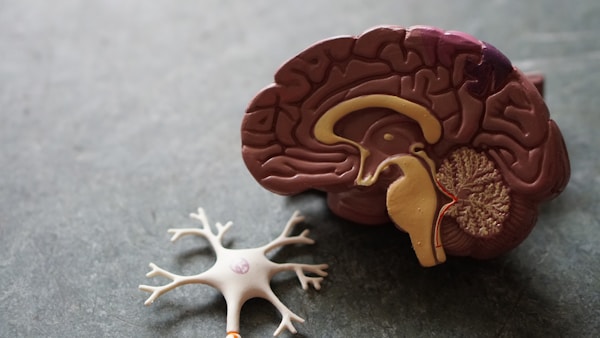Memory care is a term used to describe the specific services and care that are provided to individuals who are living with Alzheimer’s disease or a related form of dementia. Memory care communities offer a safe and secure setting for those who need assistance with daily activities, as well as specialized programming and care that is tailored to meet the unique needs of those living with dementia. There are several kinds of memory care and many different techniques that are employed in this field. If you want to learn more, read on to find out about the different types of memory care.
What are the different types of memory care?

When it comes to memory care, there are levels of dementia care that are based on the patient’s needs. One option for those who need intense care is treatment in a memory care facility. In a memory care facility, nurses and other staff are specifically trained in how to care for someone with dementia. They know how to deal with the unique challenges that come with the condition, and they can provide round-the-clock support. A memory care facility can also provide a sense of community for a loved one with dementia. In a memory care facility, residents can socialize with one another and participate in activities that they enjoy. This can meaningfully improve overall quality of life.
Individuals still living at home can receive memory care too. This may include assistance with activities of daily living, such as bathing, dressing, and grooming. Home caregivers can also give reminders about important tasks, such as taking medications or eating meals, and they can keep an eye on the person’s health and well-being. In addition, home caregivers can provide social and emotional support, which is crucial for older adults who may be feeling isolated or lonely.
There are also outpatient memory care services, which can be useful for monitoring and diagnosing memory-related conditions. Outpatient care typically includes assessment and diagnosis of memory impairment, care coordination, case management, individual or group therapy, education for caregivers, social services, and more. These facilities are most useful in the early stages of dementia.
What is dementia and is there a cure?

Dementia is an umbrella term used to describe a range of progressive cognitive disorders that cause memory loss and impairments in thinking, communication, and other basic functions. Dementia affects people of all ages but is most common in older adults. Early-onset and severe cases are rare. The progression of dementia varies from person to person. Some people may experience a gradual decline over many years, while others may experience a more rapid and severe decline. There is no cure for dementia, but treatment options are available to help manage the symptoms.
There are many different types of dementia, but the most common is Alzheimer’s disease. The cause of Alzheimer’s disease is still unknown, however, there is evidence that both genetics and the environment contribute to the development of the disease. Like other forms of dementia, it is a progressive disease that affects the brain and leads to a decline in mental abilities. Symptoms include memory loss, confusion, and problems with thinking, speaking, and walking. Treatment options usually include medications to improve cognitive function, activity programs to improve function, and interventions to address behavioral and psychological symptoms.
No one wants to imagine themselves of a loved one developing dementia, but it’s essential to be prepared in case it happens one day. While currently there isn’t a cure for dementia, there are steps you can take to reduce your likelihood of developing the condition. There are also a number of treatments available that can improve your quality of life, including different forms of memory care. In the later stages of the disease, you may want to consider relocating your loved one to a memory care facility, where they will be taken care of day and night by trained professionals who are experts in the field.





